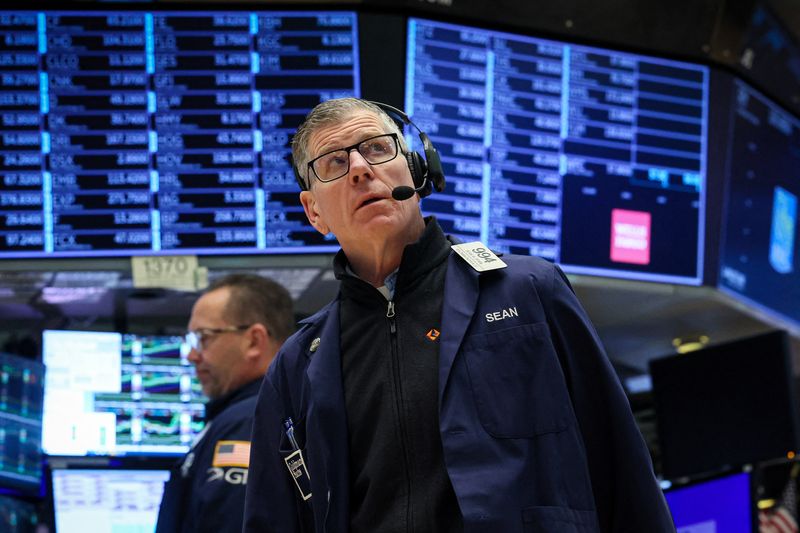Investing.com -- The upcoming earnings season could be “a stock picker’s paradise,” Bank of America said in a recent note.
According to BofA’s strategists, while market returns were largely driven by multiples in the 2022-23 period, earnings have begun to play a more significant role in 2024, accounting for 45% of the S&P 500's 12-month returns as of September.
With the start of an easing cycle, the firm believes earnings will contribute even more to future returns.
Intriguingly, the options market is signaling a higher level of post-earnings implied volatility for individual stocks this season, in contrast to the relatively low implied volatility at the S&P 500 index level.
“Similar to the recent market rotation, we believe this suggests the real action is going to be at the single stock level rather than at the index level this earnings season,” strategists wrote.
Options for individual stocks are expected to be pricier this quarter, given the higher average implied move. Despite this, the actual market movements have recently exceeded the implied moves, as evidenced by the last quarter's realized-to-implied move ratio. This underestimation of risk in the previous quarter could be the reason for the current increase in implied moves, BofA notes.
“Last quarter’s underpricing of risk may explain the move higher in implied moves this quarter, but if results again lead to higher moves than what the options market implies, earnings straddles may expire in the money,” BofA’s team explains.
"Though only a few companies have announced results so far, we are already seeing some moves higher than implied.”
Moreover, strategists suggest that as long as inflation remains under control, strong economic data will continue to support stocks.
Following last Friday's robust jobs report, they see the upcoming Consumer Price Index (CPI) data as more important.
The options market is now anticipating a 109-basis-point move in the S&P 500 on Thursday, up from 91bps last week, marking what could be the largest CPI-driven market shift since May.
While the market may handle a modest inflation uptick due to improving macroeconomic conditions, a significant surprise could raise doubts about the ongoing easing cycle and introduce more volatility.
